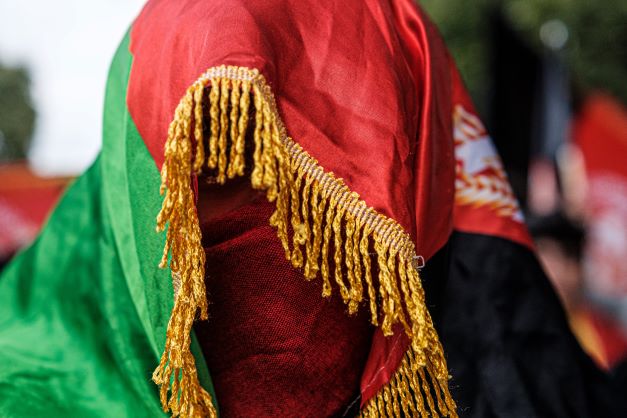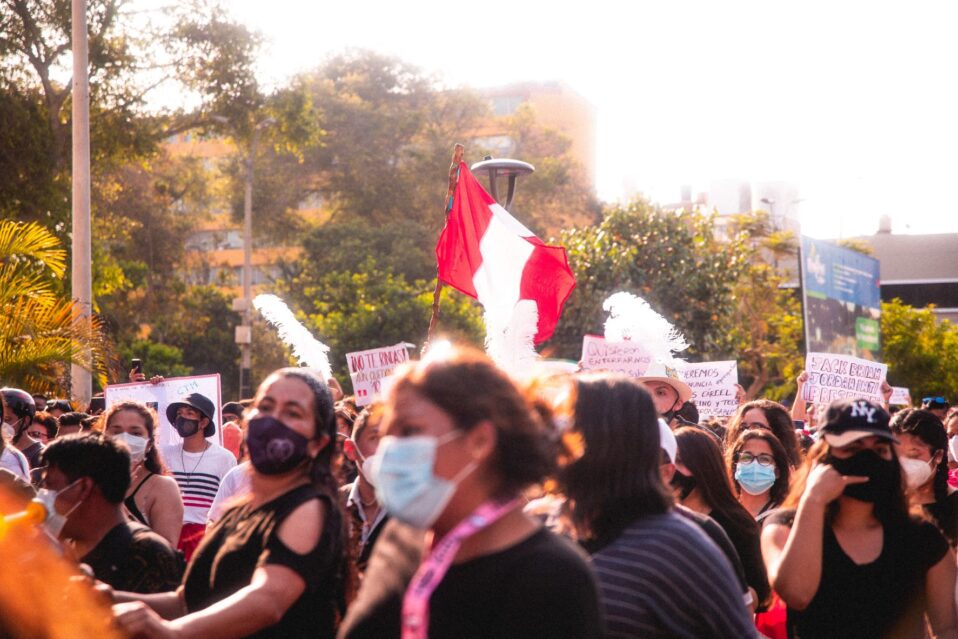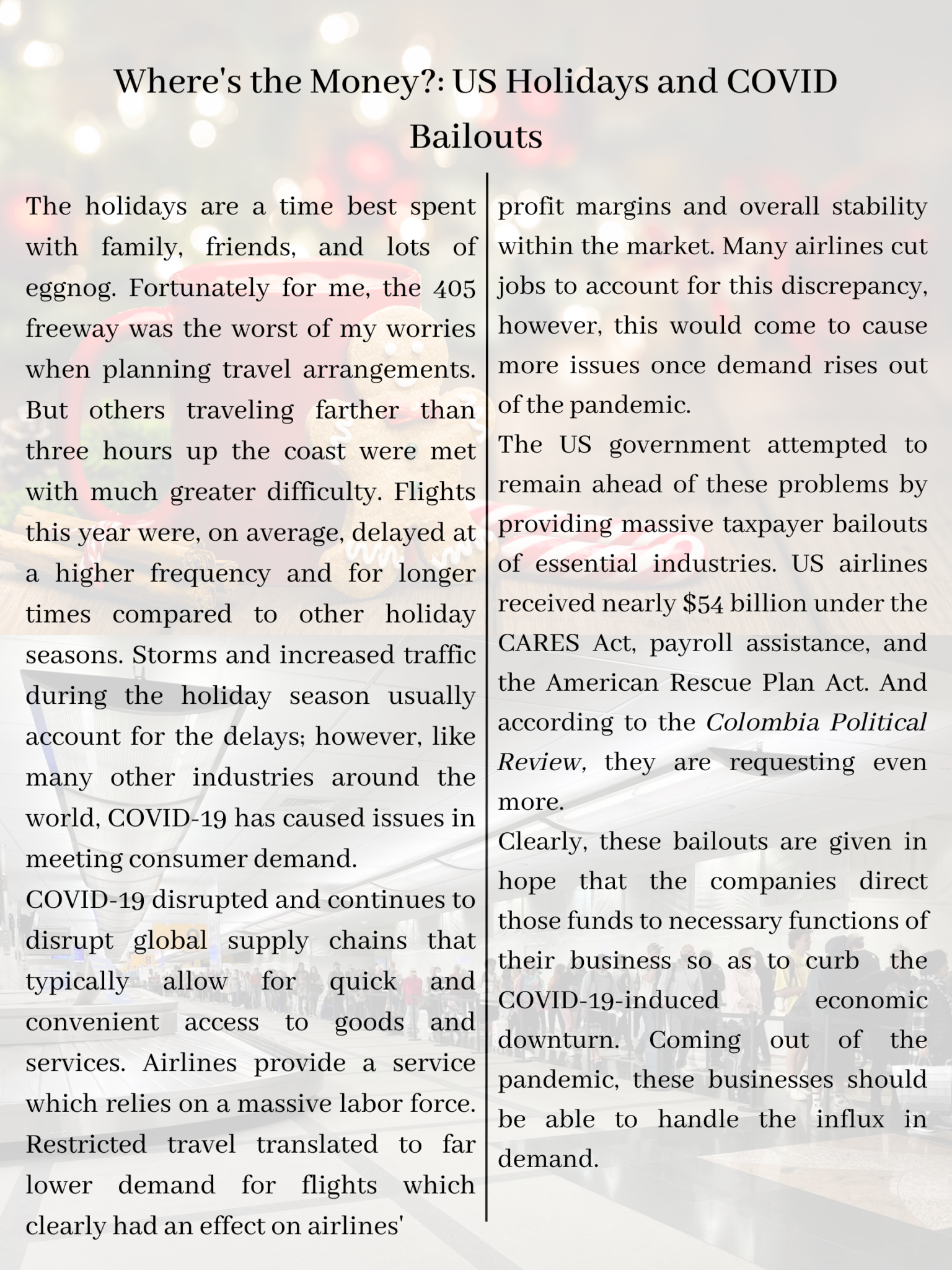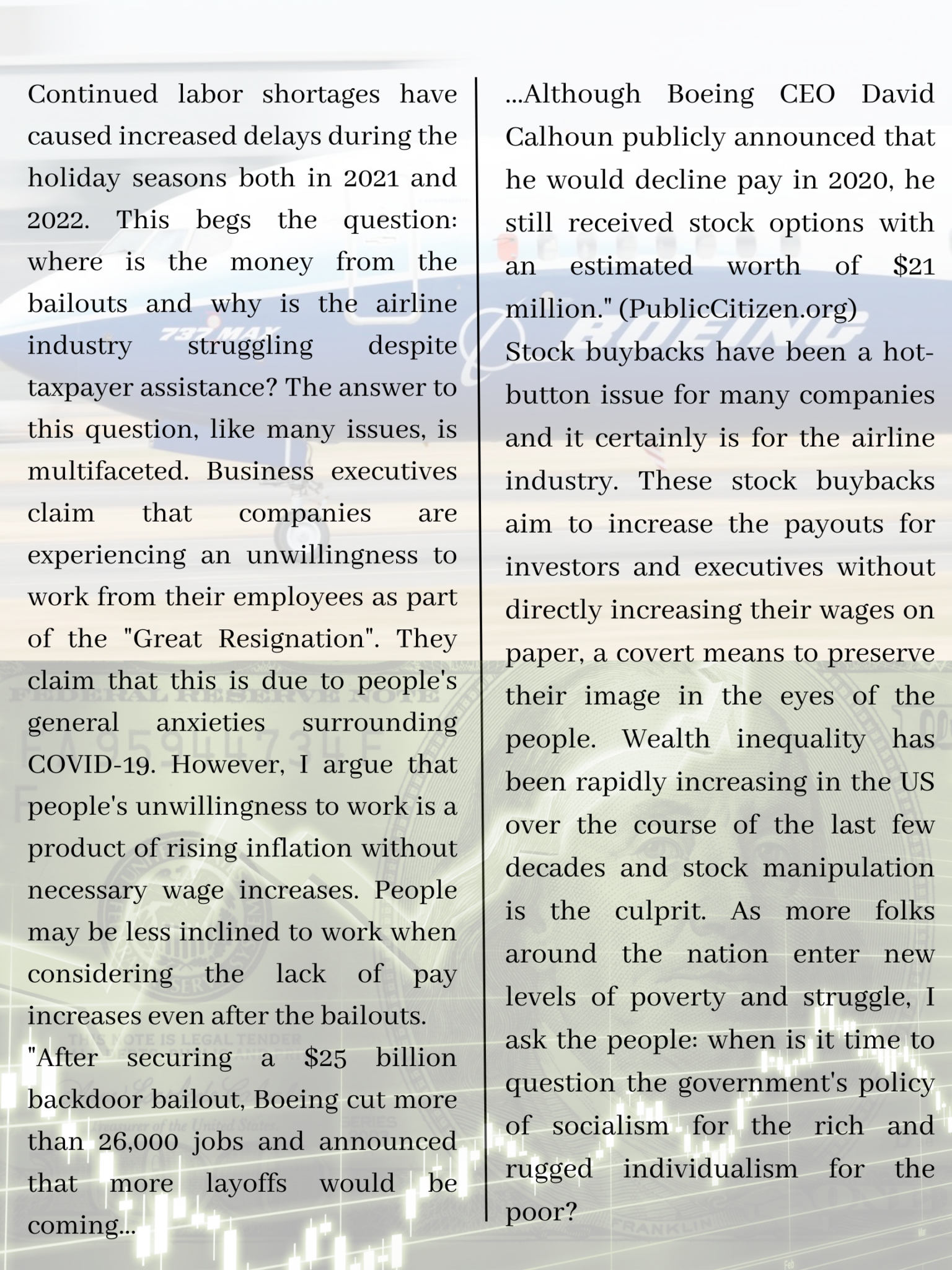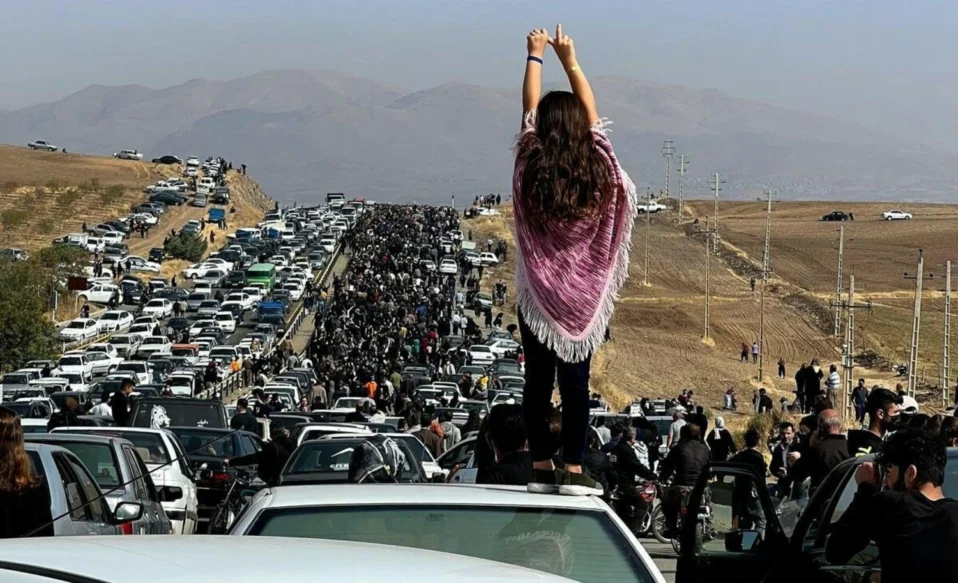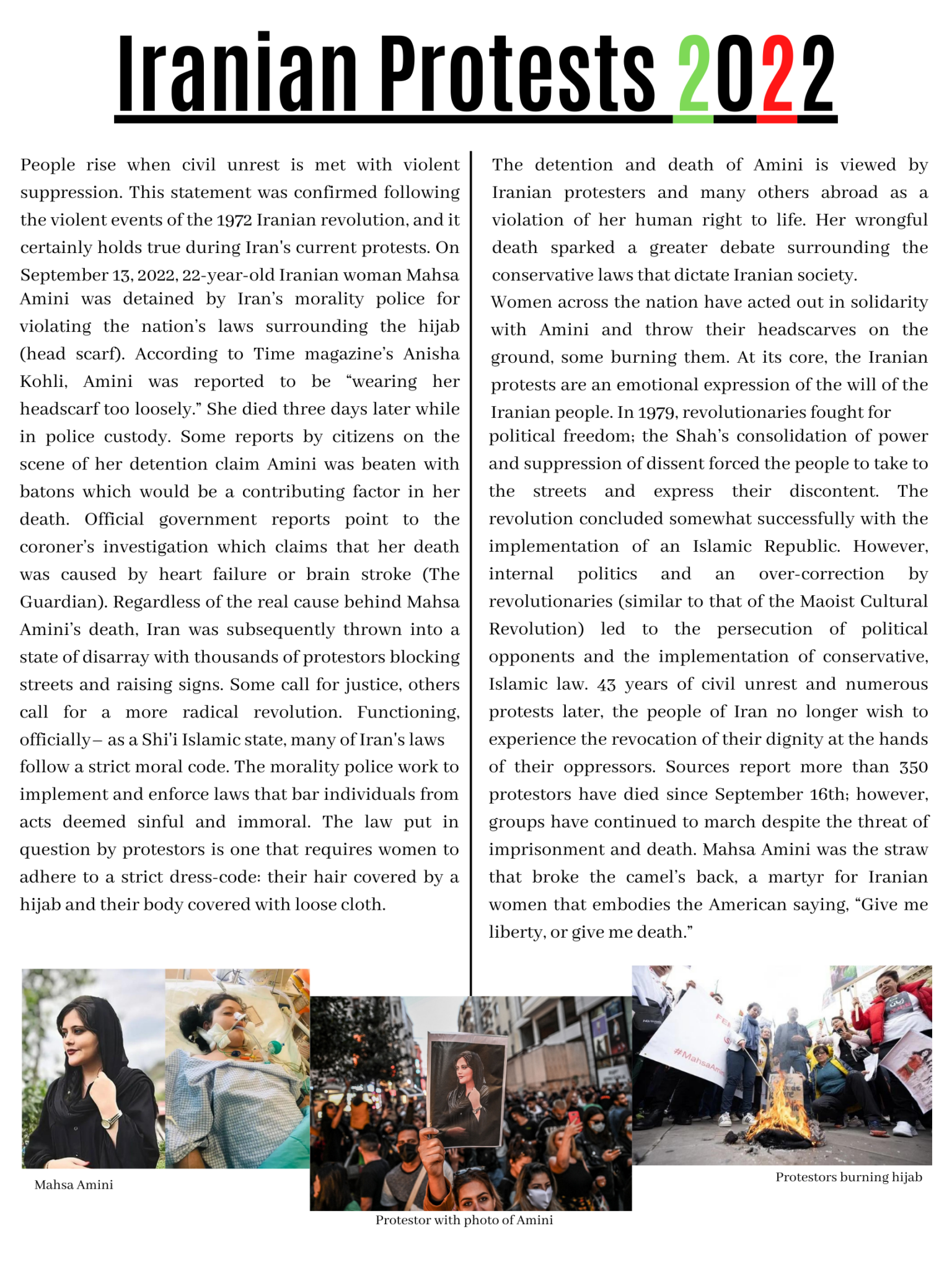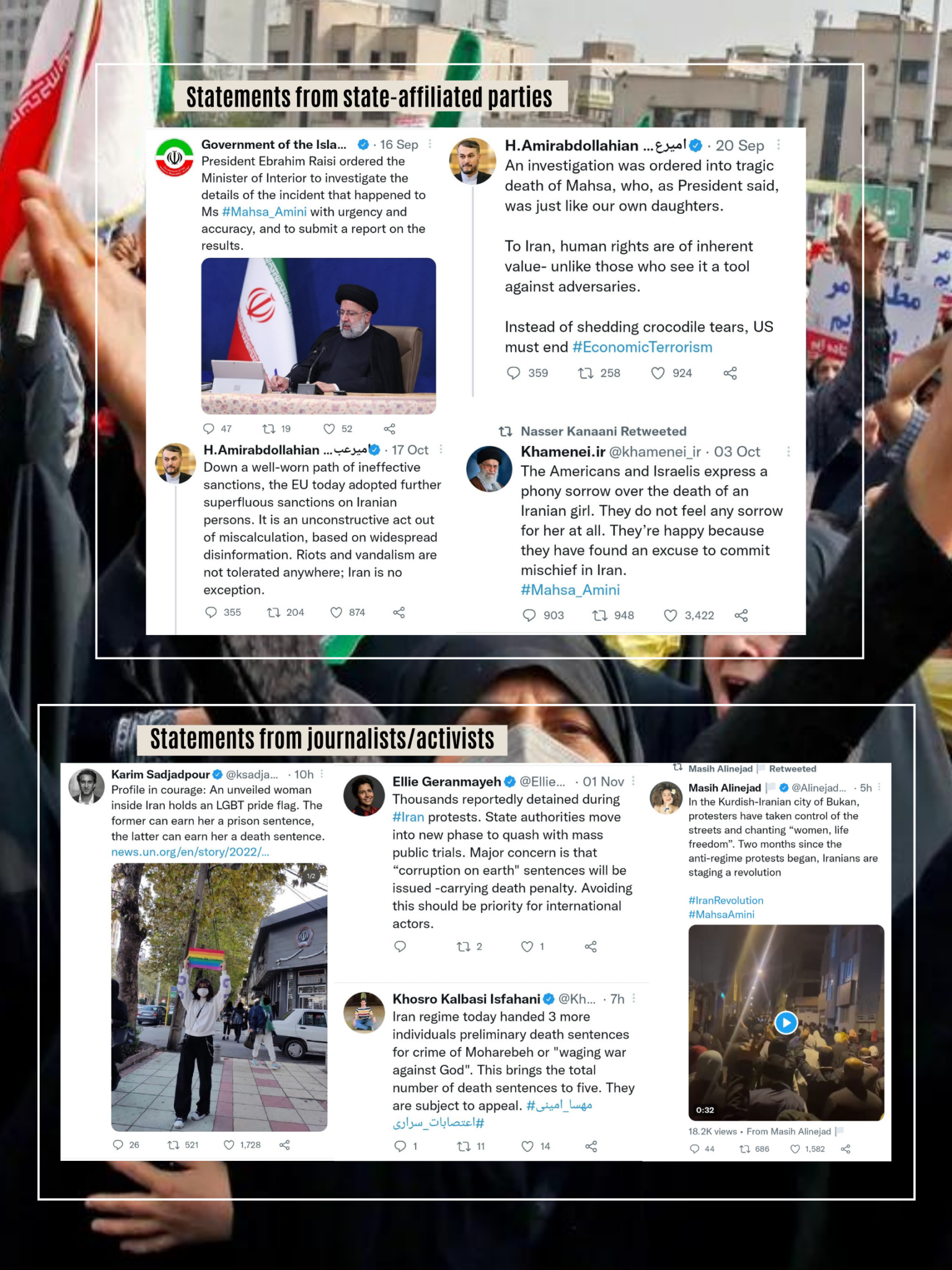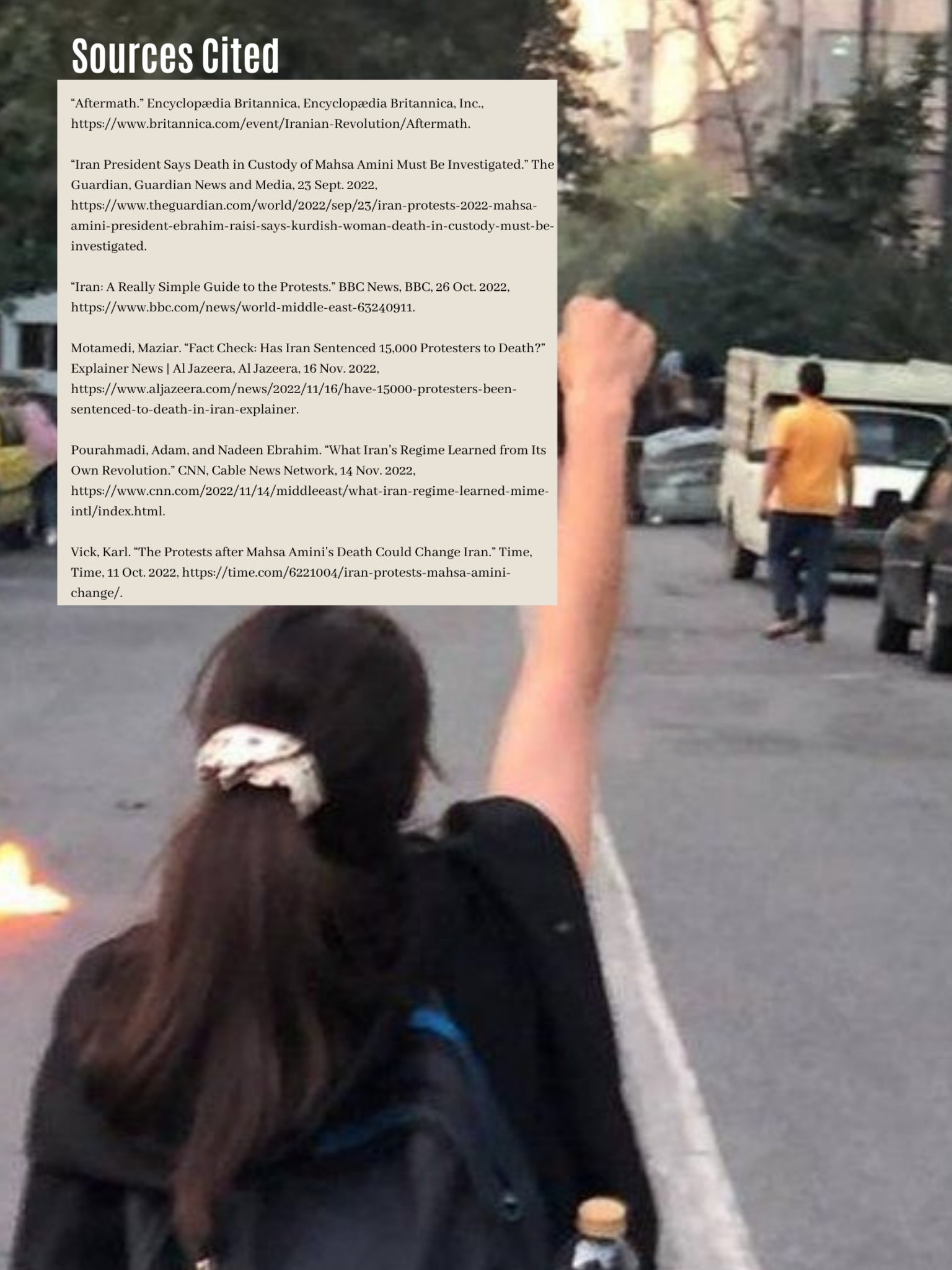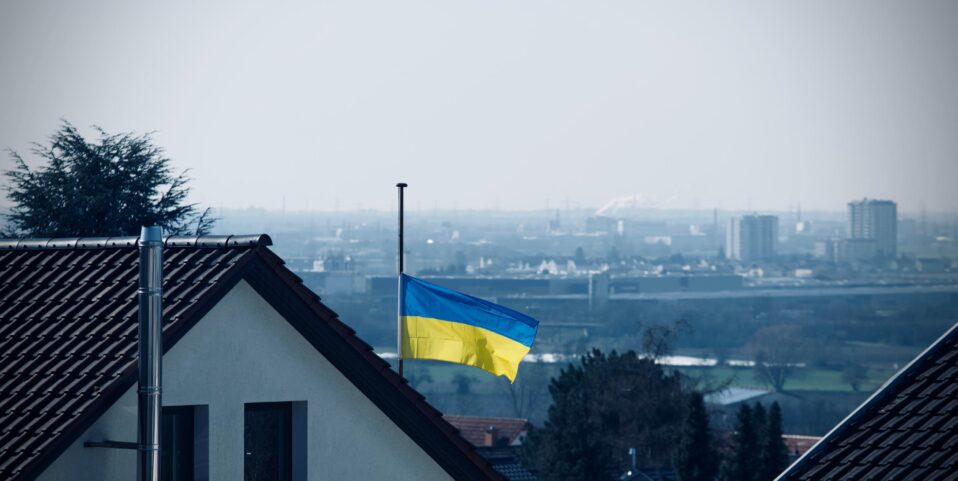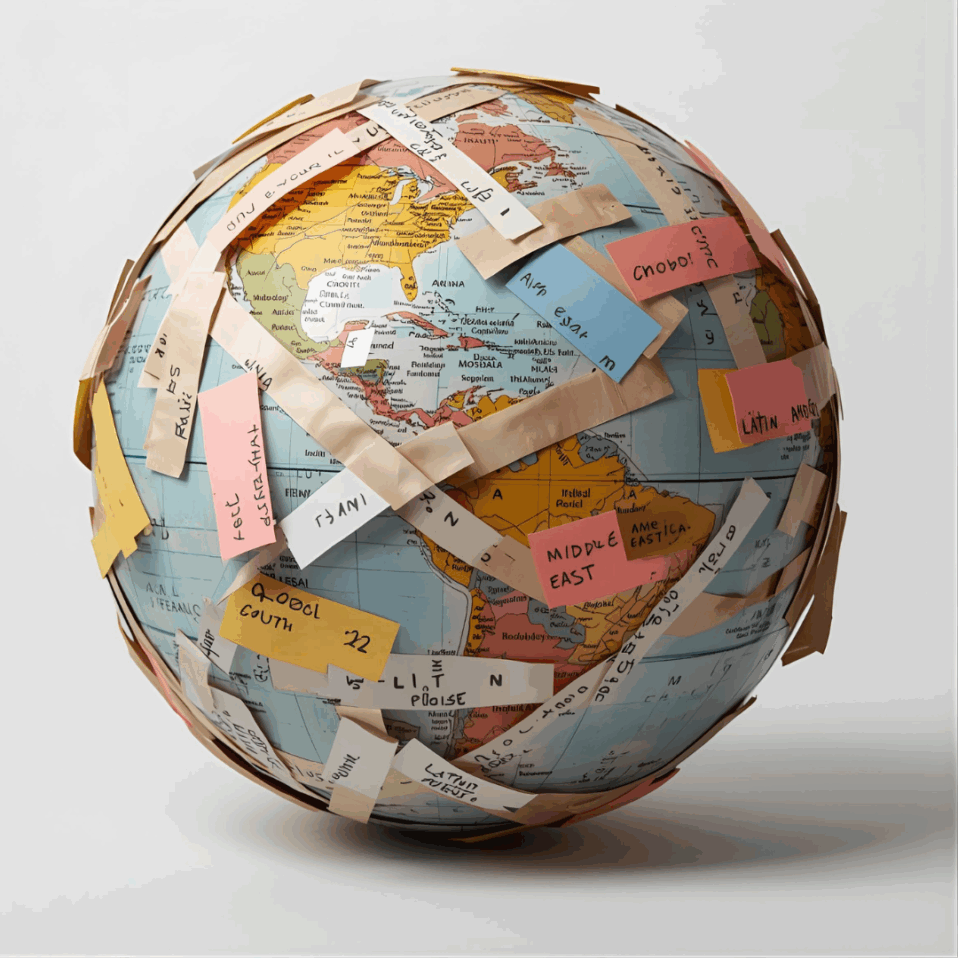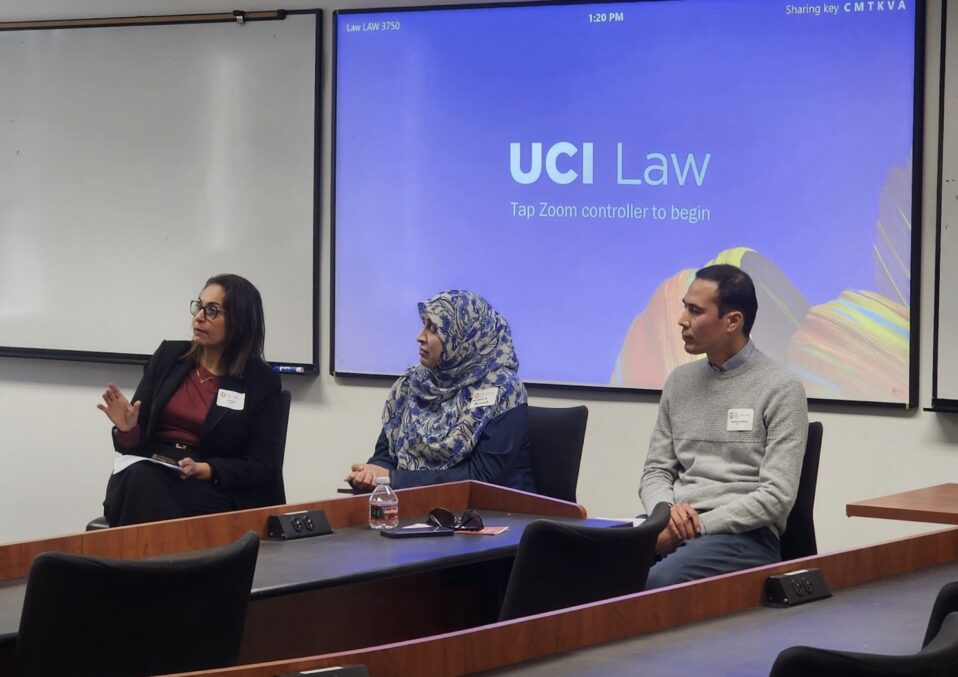The return to power of the Taliban in Afghanistan has again threatened the international human rights paradigm. In August 2021, the monopolized control of the Taliban replaced the United States-backed government as they withdrew troops after twenty years. With a vision for an ultra-conservative Afghanistan through the leader Mullah Haibutullah Akhandzada, the country witnessed the obliteration of women’s rights and freedoms through harsh interpretations of Islamic Law or Shar’ia.
The latest news in December 2022 faced significant international backlash. The Minister of Higher Education of the Taliban government banned women’s and girls’ education. This includes education after the 6th grade for girls and tertiary education in private or public institutions. The enforced restrictions are based on the belief that some subjects being taught, such as engineering and agriculture, violate the principles of Islam. As a result of a group of two dozen women protesting for their rights in Kabul, they faced brutal violence including beating and whippings by police forces.
While gender violence is globally present, the recent rise to power of the Taliban is associated with increased violations against women’s security and rights. The implications of the ban further exacerbate women’s repression in Afghanistan. In religious-dominated societies, the violations against women are not viewed as criminal offenses but rather as a justification that men are entitled to. The patriarchal structure of power disregards human rights principles and worsens women’s vulnerabilities. UN Women, a United Nations entity dedicated to gender empowerment and equality, Sima Bahous says, “a society based on exclusion and repression could never flourish.” While barriers remain, the international community urges to take a position to protect women’s rights, especially access to education, globally.
Written by Kiana Flak, Community Outreach Intern

